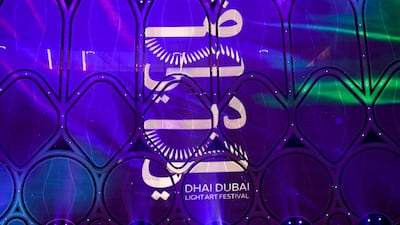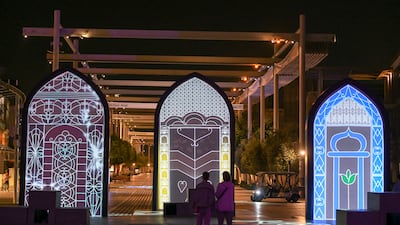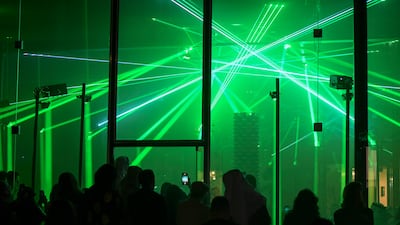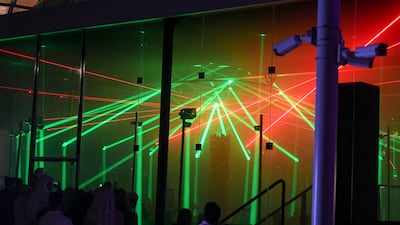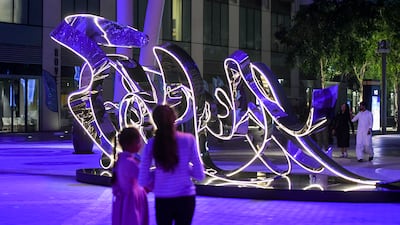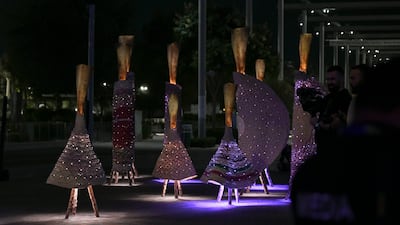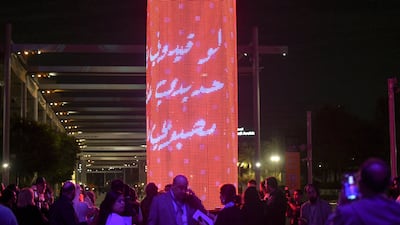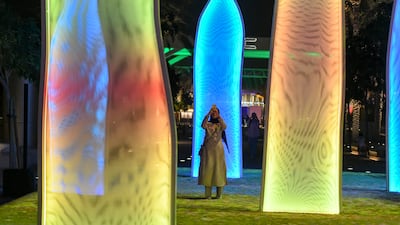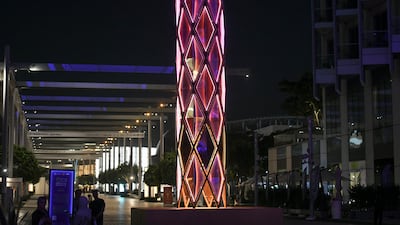As boundaries blur between the physical and digital realms, increased personalisation and the desire for unique and engaging experiences are reshaping expectations and redefining how we interact with the world around us.
Nowhere is this transformation more keenly felt than in the retail industry where the traditional shopping mall, once hailed as the foundation of the retail economy, has reinvented itself to deliver much more than the basic shopping experience. The growth of a young, affluent population, its desire for new and captivating experiences, and the rapid evolution of technology, have seen traditional notions of retail give way to the “experience economy”.
The focus here is on Gen Z, the rising consumer group that highly values new experiences in dining, travel and gaming, delivered through touch interfaces and advanced technologies such as virtual and augmented reality. Immersive experiences that engage the senses, are lifelike, interactive and blend the physical and digital have become the new social currency of these tech-savvy consumers.

The opening earlier this year of Arte Museum, a digital art gallery in Dubai Mall, reflects a growing recognition among shopping destinations that cultural and experiential offerings are integral components of their appeal. This follows the launch of the Mall of the Metaverse last year, the Emirates’ first virtual retail and entertainment destination.
Shopping malls in the Mena region have today transitioned from simple marketplaces into multi-purpose destinations and community hubs, integrating a combination of retail, entertainment, dining options and other asset classes. With the rise of e-commerce, traditional retailers are blending online and offline experiences to foster stronger connections and build brand loyalty. Innovative in-store concepts, interactive displays and the introduction of “phygital” concepts such as the physical store of online retailer, 6th Street.com, at Dubai Hills Mall align with the needs of the digital shopper.
Globally, brands such as Samsung are creating physical spaces to connect the metaverse with their products. This type of experiential retail goes beyond traditional shopping by offering customers unique experiences in physical retail spaces. Samsung’s “Samsung 837” pop-up store in Manhattan, spanning 560,000 square feet, provides interactive art, virtual reality, lounge areas, a recording studio, and a three-storey 96-screen display wall.
Unlike in the past, the concept of selling experiences has today expanded into the broader sports, leisure and entertainment industry. This sector is quickly adapting to the challenge of creating new experiences to keep consumers coming back for more, leading to a profound impact on the real estate landscape.
Family entertainment destinations, theme parks and leisure and amusement centres, are also being supported by an active year-round event and entertainment calendar to cater to diverse tastes in music, food, art and more. In 2022, Qatar’s hosting of the Fifa World Cup significantly boosted the economic potential and cultural attractiveness of the region on the global stage. The same is likely to happen again, and especially for Saudi Arabia, with Expo 2030 Riyadh and the 2034 World Cup.
The development of mixed-use entertainment districts is another example of how the experience economy is influencing real estate. A shining illustration of this trend is visible across Saudi Arabia where the country is actively building a vibrant entertainment ecosystem. Disruptive entertainment destinations such as Qiddiya, New Murabba and and Neom resonate with the shift in modern trends of gamification, “artainment” and “eatertainment”, delivering new genres of experience.
The experience economy is also being incorporated in the development plans of smart cities and urban planning. City planners are designing spaces that prioritise walkability, green areas as well as cultural and recreational facilities to provide residents and visitors with diverse and enriching experiences. A case in point is Expo City Dubai, a future-centric mini-city that builds on the legacy of Expo 2020 Dubai.
The development of entertainment-focused destinations helps drive value addition, enabling residential and commercial spaces that are part of the wider masterplan to command premium prices. In Abu Dhabi, the Saadiyat Cultural District project exemplifies this, with its proximity to internationally renowned cultural landmarks such as Louvre Abu Dhabi, Guggenheim Abu Dhabi, the Zayed National Museum, Teamlab Abu Dhabi and the Natural History Museum Abu Dhabi. These landmarks, all located within a two square kilometre area, contribute to a unique and appealing experience that people buy in to, significantly elevating apartments and villas’ appeal – and value.
As developers and property owners adapt to the shifting demands of consumers, the effect of the experience economy is also being felt on office real estate. Co-working spaces that offer an experience of community, events, exhibitions, collaboration and flexibility are becoming increasingly popular, especially among freelancers, startups and even large corporations. Interior design is carefully considered to boost productivity, social interaction and well-being while natural lighting, open spaces, ergonomic furniture, relaxation zones and even nap pods are becoming the norm in the workspace.
As the experience economy evolves into its next phase, known as the "transformation economy", real estate developers and other stakeholders have an opportunity to deliver more hyper-personalised experiences that are memorable and fuel the demand for more.


